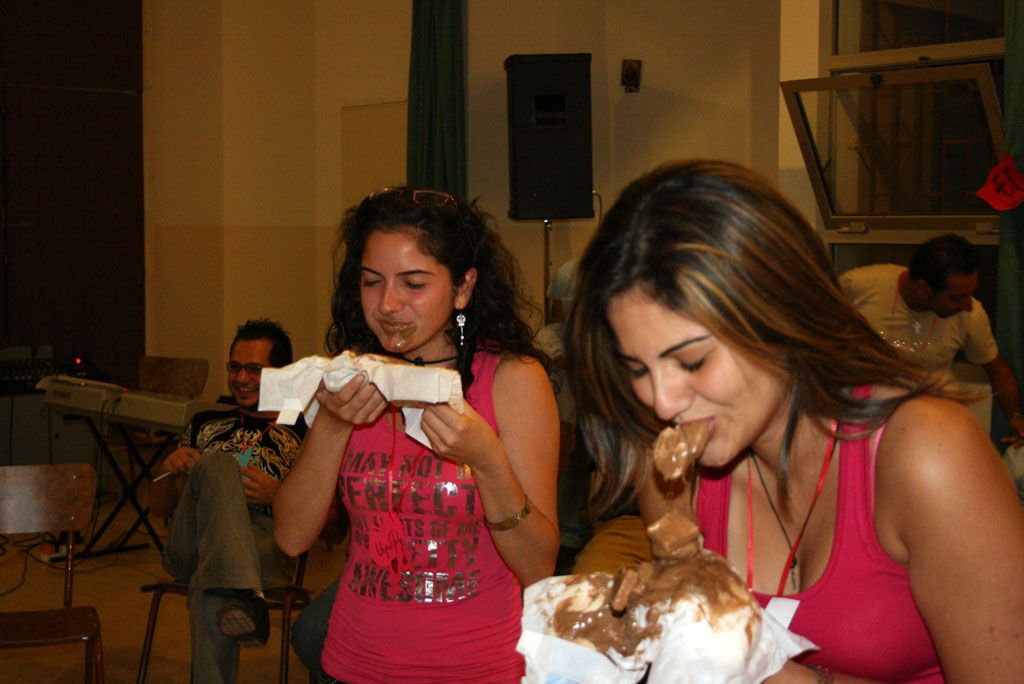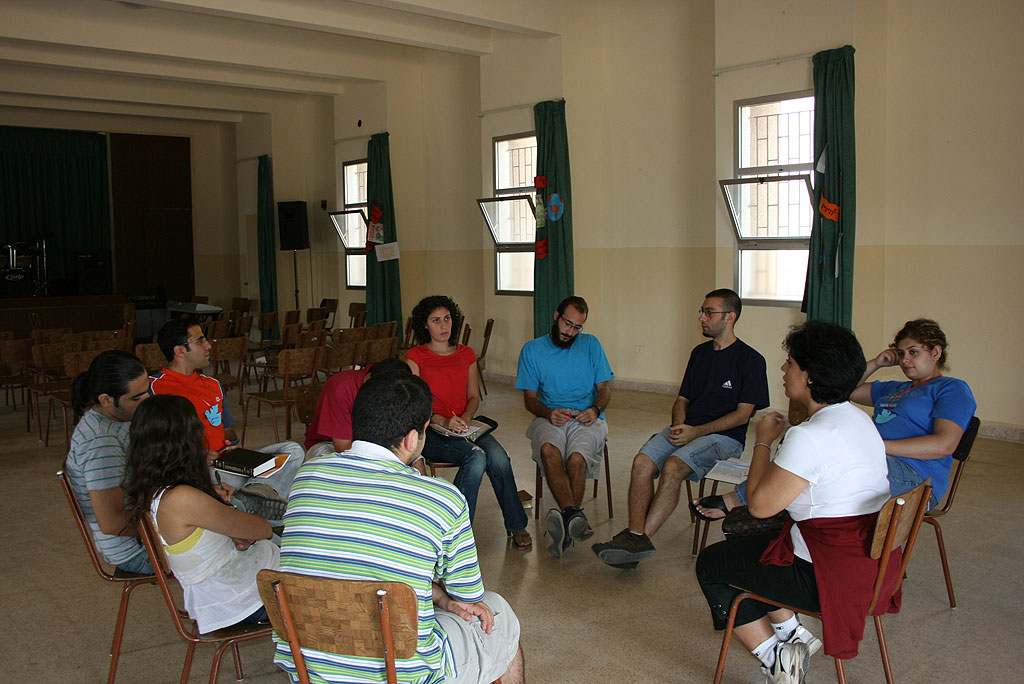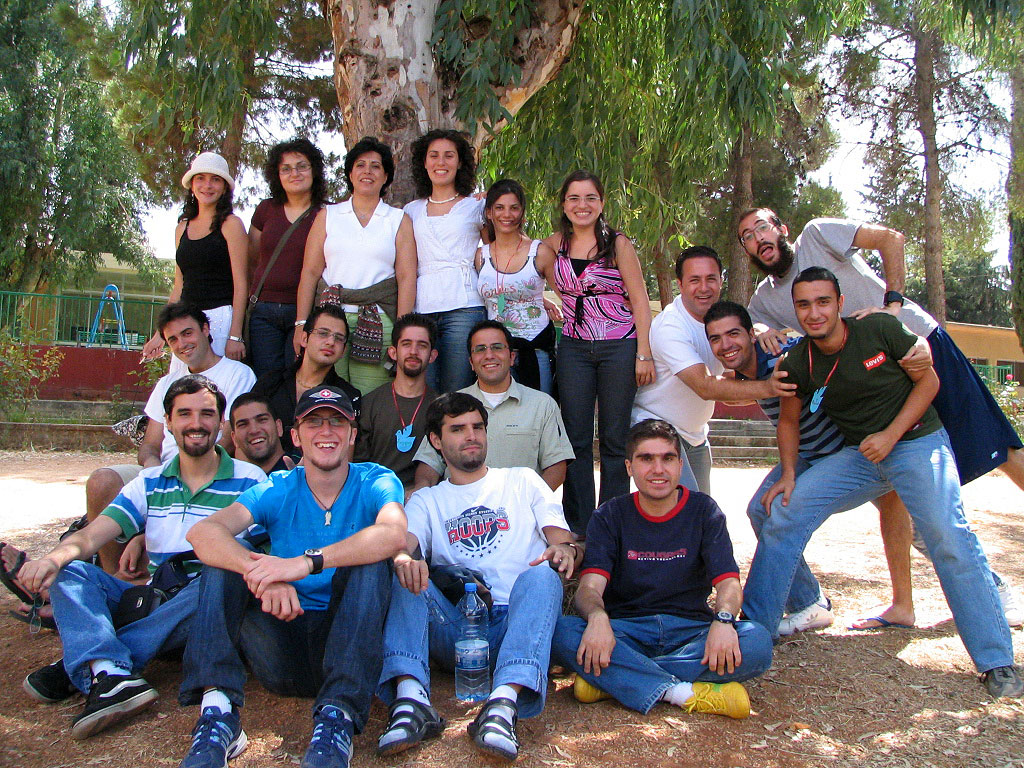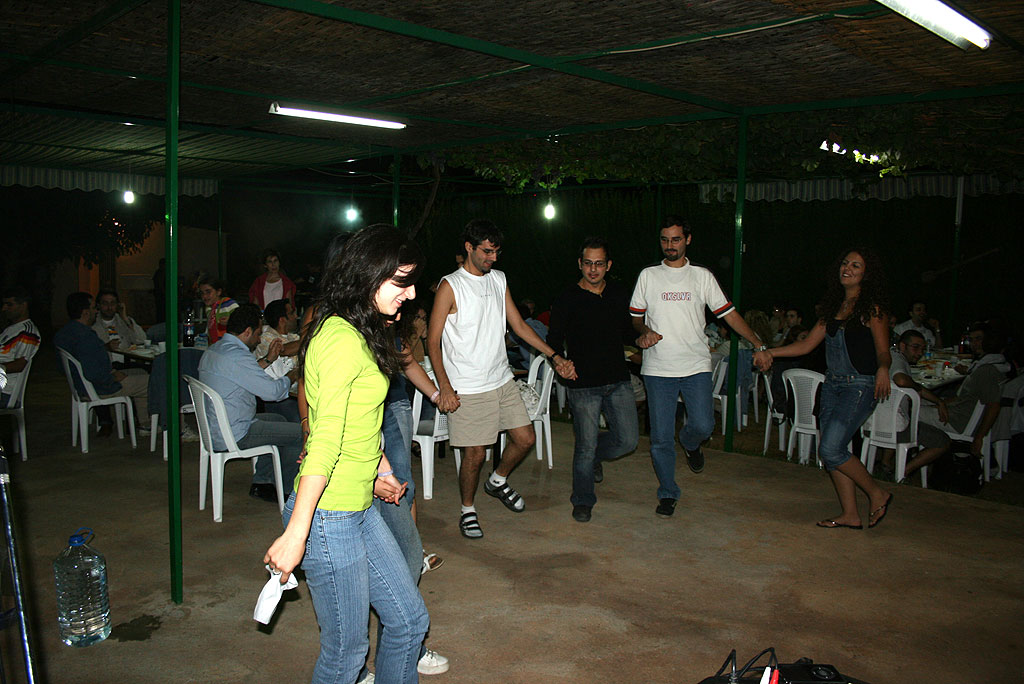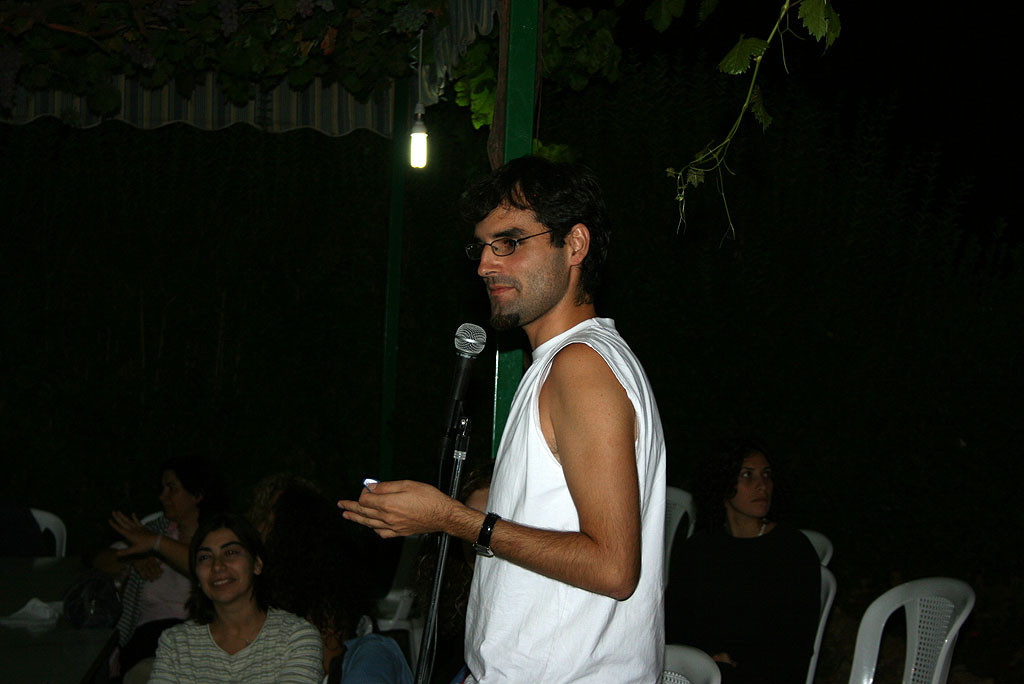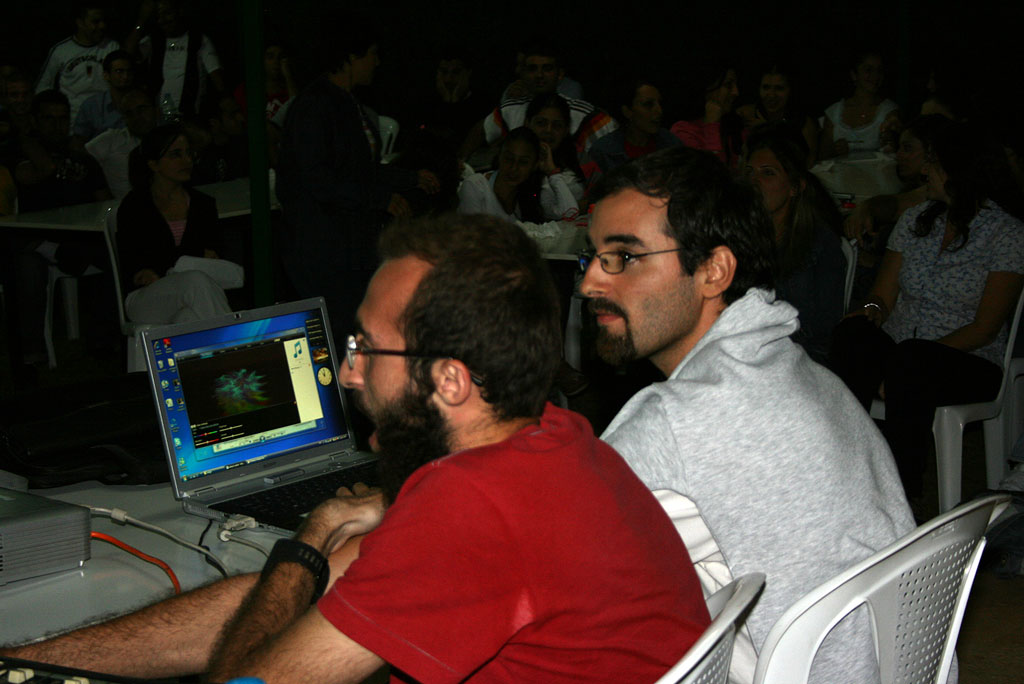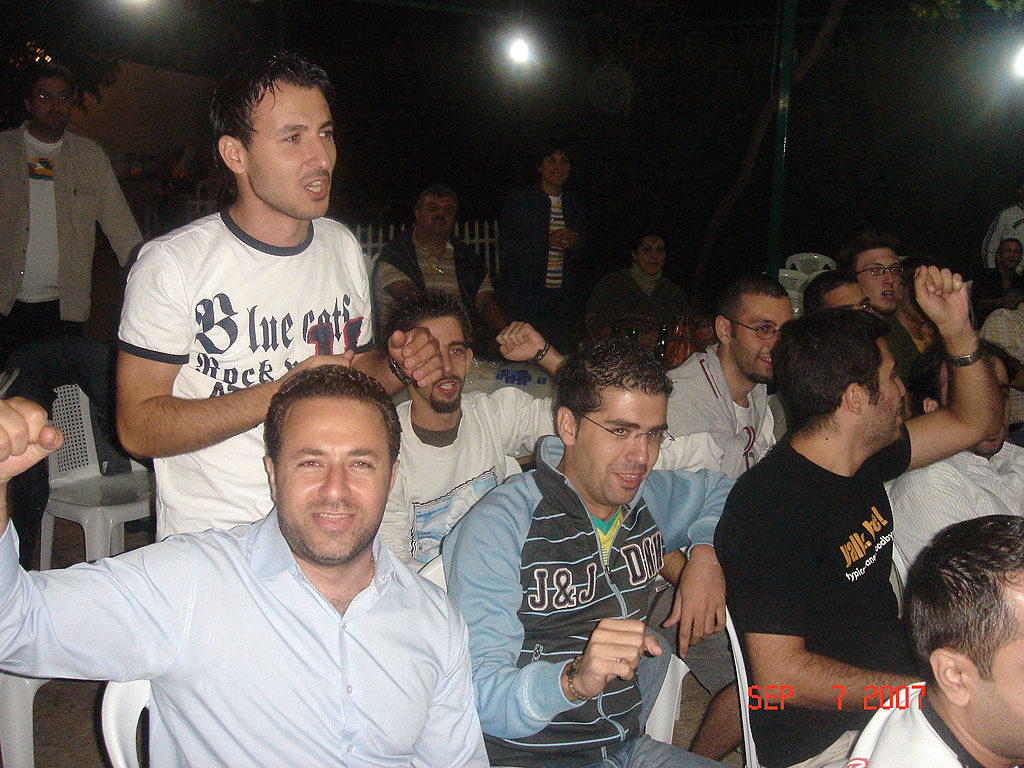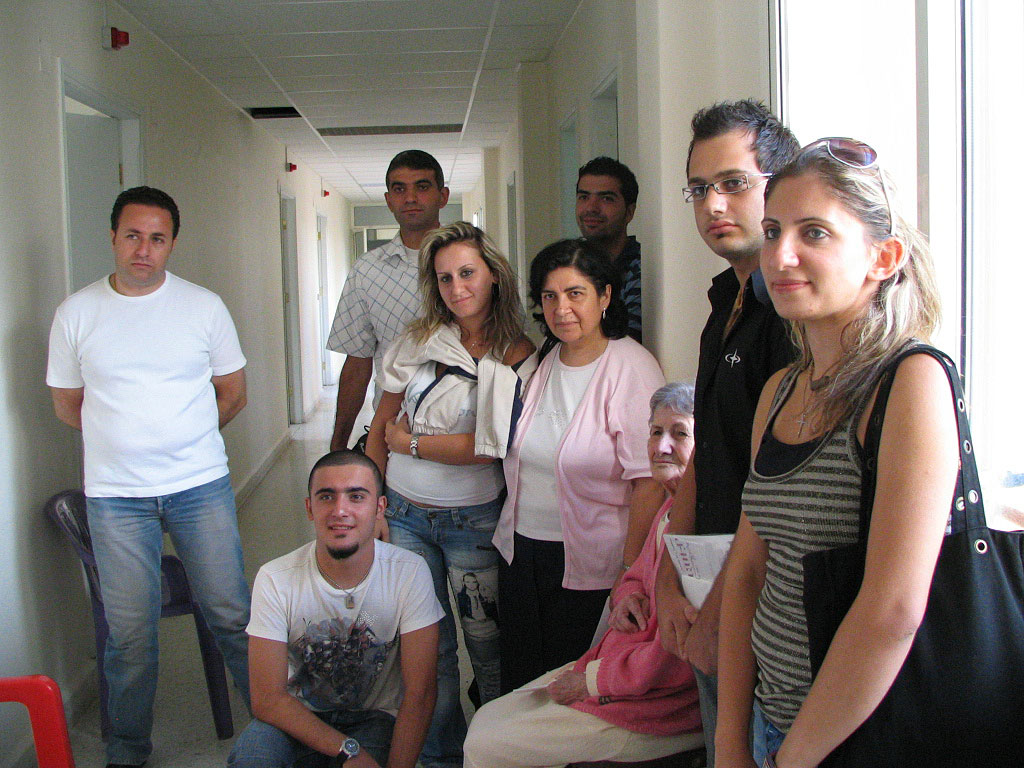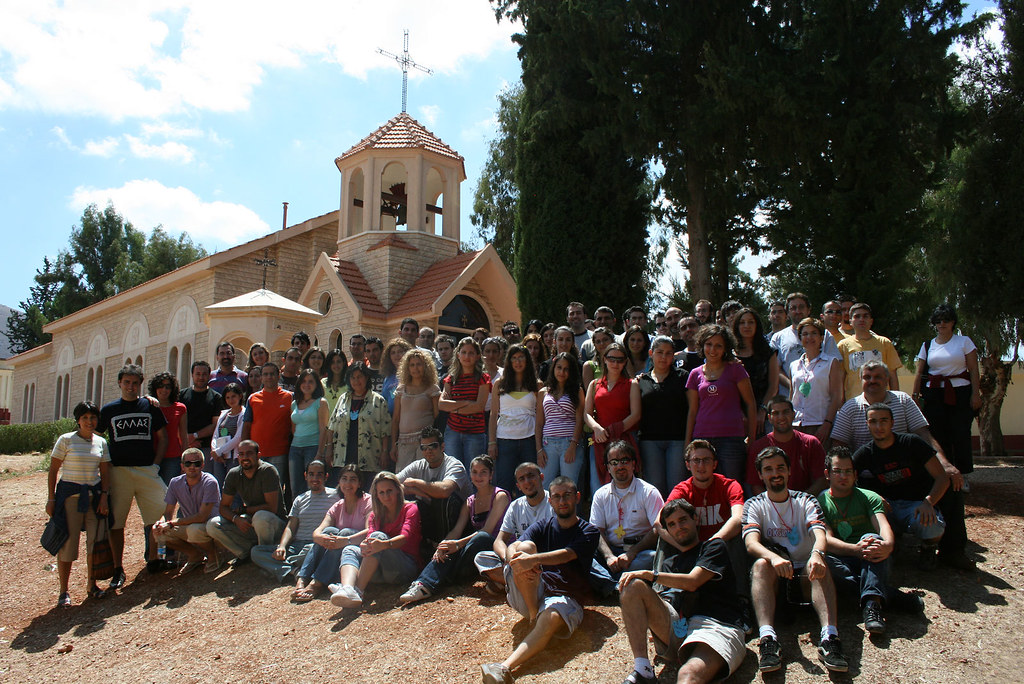Continued... Part 1
- What is the present situation – as for the Armenian cause – among the youth in the USA?
The term ‘Armenian Cause’ has come to mean too many different things to different Armenian people – from seeking just an international recognition of the genocide and a Turkish apology to insistence on Turkey conceding full sovereignty to Armenia over a large chunk of the territory inhabited by Armenians prior to 1915. I do not know what your definition of the ‘Armenian Cause’ is. Hence, I will not answer this question directly. However, I can assure you that all the Armenian students that I have taught in Dearborn are aware of the genocide and very interested to know more about it. It is without any doubt the number 1 issue for the Armenians in the USA, including the Armenian youth.
- Some say that Haigazian University is a phenomenon that is very difficult to repeat anywhere else in the world. Do you see such a need presently in the USA?
I assume that by the Haigazian phenomenon you mean a recognized educational institution of higher learning outside Armenia, founded by Armenian (more specifically, Armenian Evangelical) money and run by Armenian (yet again, more precisely, Armenian Evangelical) administrators. There have been one or maybe two similar attempts by Armenians outside Armenia in the past few decades, but these initiatives have, unlike Haigazian, failed to endure. The difficulties of repeating this phenomenon in countries other than Lebanon at the moment will vary from one country another, based on the various regulations that are in force in those countries, but also and perhaps more importantly on the relationship of the local Armenian community to the host society. I personally do not see such a need in the USA at the moment. Moreover, in order to assess the actual need, we have first to be in agreement on what Haigazian University actually stands for and on what it does actually provide to the Armenian community in Lebanon or the larger Diaspora, which other Armenian or non-Armenian institutions and organizations will never be able to do. I am thinking of a mental exercise when we compare the existing situation with a hypothetical one where Haigazian University was never founded and where there is no ‘Armenian’ university in Lebanon at the moment. Such an academic, dispassionate and candid assessment, I think, has never been made and may probably never be done. Haigazian University has come to stay and will probably continue as long as the Armenian community is vibrant in Lebanon. At this stage, it is one of a number of established private universities in Lebanon, which compete against one another to attract as many students as possible. It is attractive to Armenian students mainly because of the relatively large amounts of financial aid that it provides to them. Haigazian University’s original mission (preparing educated teachers and clergy for the Armenian community) now plays, because of the exigencies of life, only a very small part of its activities.
- Do you believe that Lebanon is still the capital and dynamo of the Armenian Diaspora in preserving the Armenian heritage, culture, art, language, and cause?
If the post-Genocide Armenian Diaspora ever had a ‘capital’, Beirut certainly was one from the late 1950s to the second half of the 1970s. In that sense, Beirut succeeded Paris (which was very important in the 1920s and 1930s) and Cairo (which was important in the 1940s and 1950s). Beirut’s role, however, has diminished since the outbreak of the Lebanese Civil War in 1975. It is still an important center, for example, in the realm of Armenian-language publishing, but has yielded its central role in other aspects. Today, the United States is arguably the most important host-country of the Armenian Diaspora and Russia may in the future pose a serious challenge to America’s current role as the ‘capital’ of the Armenian Diaspora. Unfortunately, it is evident – to me at least – that the Armenian community in the United States, despite many of the advantages it enjoys, will not be able to reproduce all the positive traits that Beirut had in its heyday. Hence, the Armenian Diaspora, with a weakened community in Lebanon, will miss in the future some of these positive traits that we had come to take for granted in the past few decades, especially the existence of an Armenian-speaking community within a multi-lingual, pluralistic society.
- After going through harsh conditions during the 34-day war in the summer of 2006, do you think it’s about time that the remaining Armenians of Lebanon moved to more stable countries in order to have better conditions of living? If so, do you believe it’s within the interest of the Armenian Church (Orthodox, Catholic, and Evangelical) to allow such a move, and why?
None of the Armenian population movements within the Diaspora since the Genocide have been planned and directed from the top. They have all largely been spontaneous movements, resulting from political and economic instability in the country of emirgation. The Armenian population of Lebanon has steadily diminished since 1975 and developments in the country since 2004 are encouraging more and more Armenian youth to think of migrating either for work or for permanent settlement in more prosperous and politically stable countries. I am afraid this trend will continue in the near future at least, and I do not see the leaders of the various Armenian organizations in Lebanon being able to come up with a plan to drastically reduce this trend. Emigration since 1975 has continued without anybody seeking permission from the leaders of his/her religious denomination. Even when political parties started expelling their members if they migrated from Lebanon, many Armenians still migrated and did not mind getting expelled. Hence, whether the three Armenian denominations will allow such a move or not is probably not the correct way to pose the question.
- Lately, we have heard that the government of Armenia has decreed a law granting all Armenians living outside of Armenia special IDs. How much of this is true? Can you explain how this law might affect on the Diaspora?
The Armenian Constitution adopted in 1995 had forbidden the possibility of any citizen of Armenia also having the citizenship of another country. If any Armenian wanted to become a citizen of Armenia, s/he had to give up his/her other nationality. Both Raffi Hovannisian and Vartan Oskanian followed that route. This restriction was removed from Armenia’s constitution, however, in 2005. Thereafter, the parliament of Armenia adopted a revised citizenship law, which permits Armenians living the Diaspora to apply and get Armenian citizenship – without forfeiting the citizenship that they now have. The implementation of this law will probably begin very soon. It is not a law granting all Armenians outside the homeland citizenship or a special ID as you put it. It is rather giving them the right to get citizenship if they wish and if they are ready to comply with the attendant regulations. I have never been personally enthusiastic about this request for dual citizenship by many Diasporans. I believe the attachment to the homeland is emotional, and an additional piece of paper will not change much from a person’s commitment to Armenia. The previous legislation – although it banned dual citizenship – gave Armenians from the Diaspora extensive opportunities to travel to, live, work, and invest in Armenia. The new legislation still denies the citizens of Armenia from voting in elections if they are not in Armenia on the day of the election – similar to the existing law in Lebanon. I think keeping this restriction was correct. However, it also means that in reality nothing much will change.
- Now that the Islamists have gained the upper hand in Turkey, do you fear for the small Armenian community still striving in Turkey?
Turkey is now passing through an interesting phase in its history, with the ruling moderate Islamists being seen as the defenders of the democratic and pluralistic principles of the state, while the Turkish army (which claims to be the defender of secularism) is being seen as the anti-democratic force. I do not think that the victory of the moderate Islamist Development and Justice Party in the recent elections per se will have any negative impact on the future of the Armenian community in Istanbul. However, the long-term implications of the assassination of Hrant Dink may encourage more Armenians to think about emigrating. The assassination was not organized by the ruling party, but it is possible that some nationalist elements in the government apparatus or the armed forces had links with the actual group of assassins.
- Is there anything else you want to say?
Isn’t what I’ve said enough?
Interview conducted by M. Chilingirian







